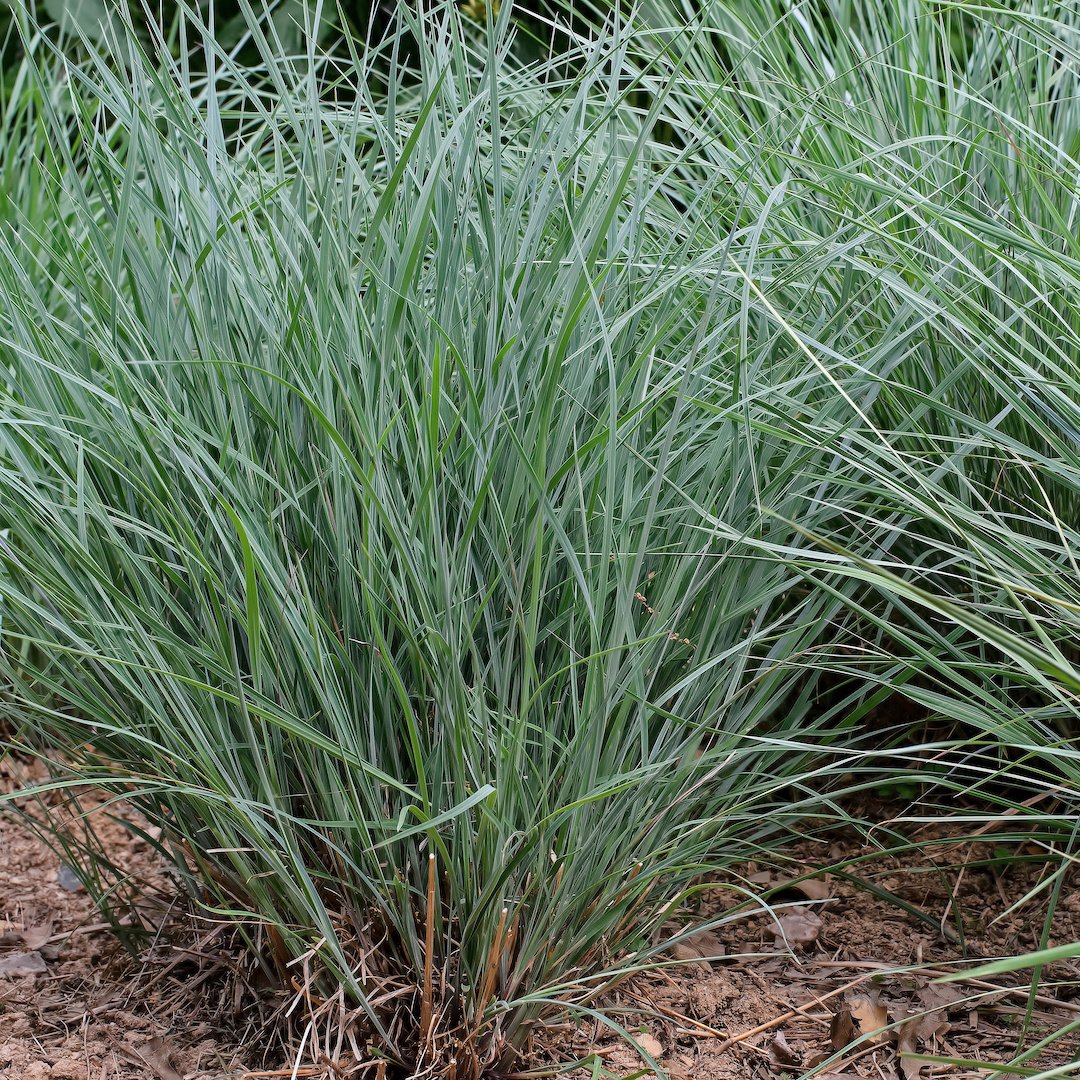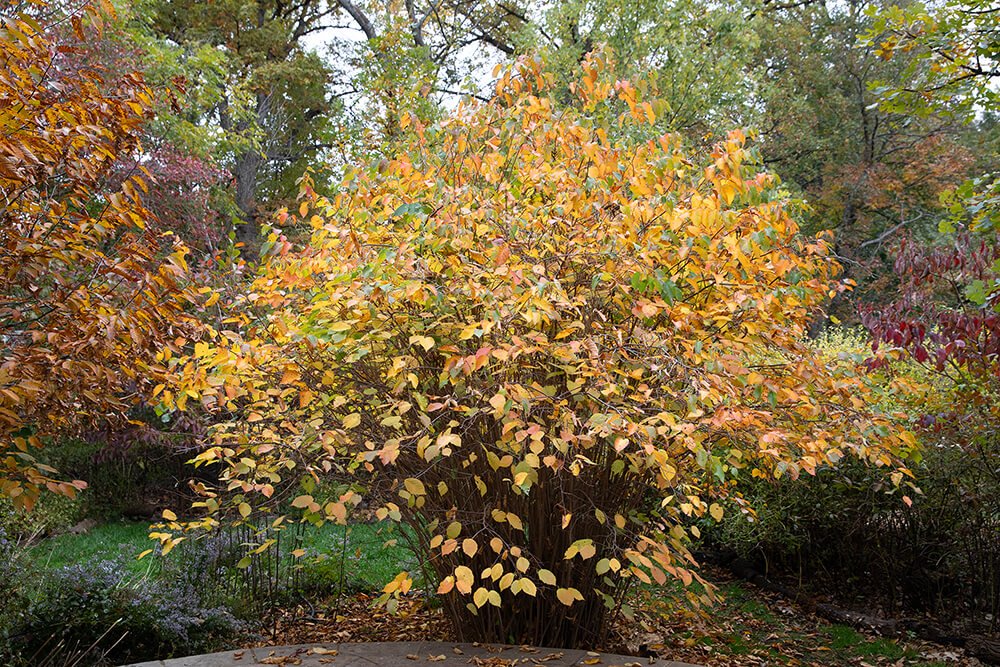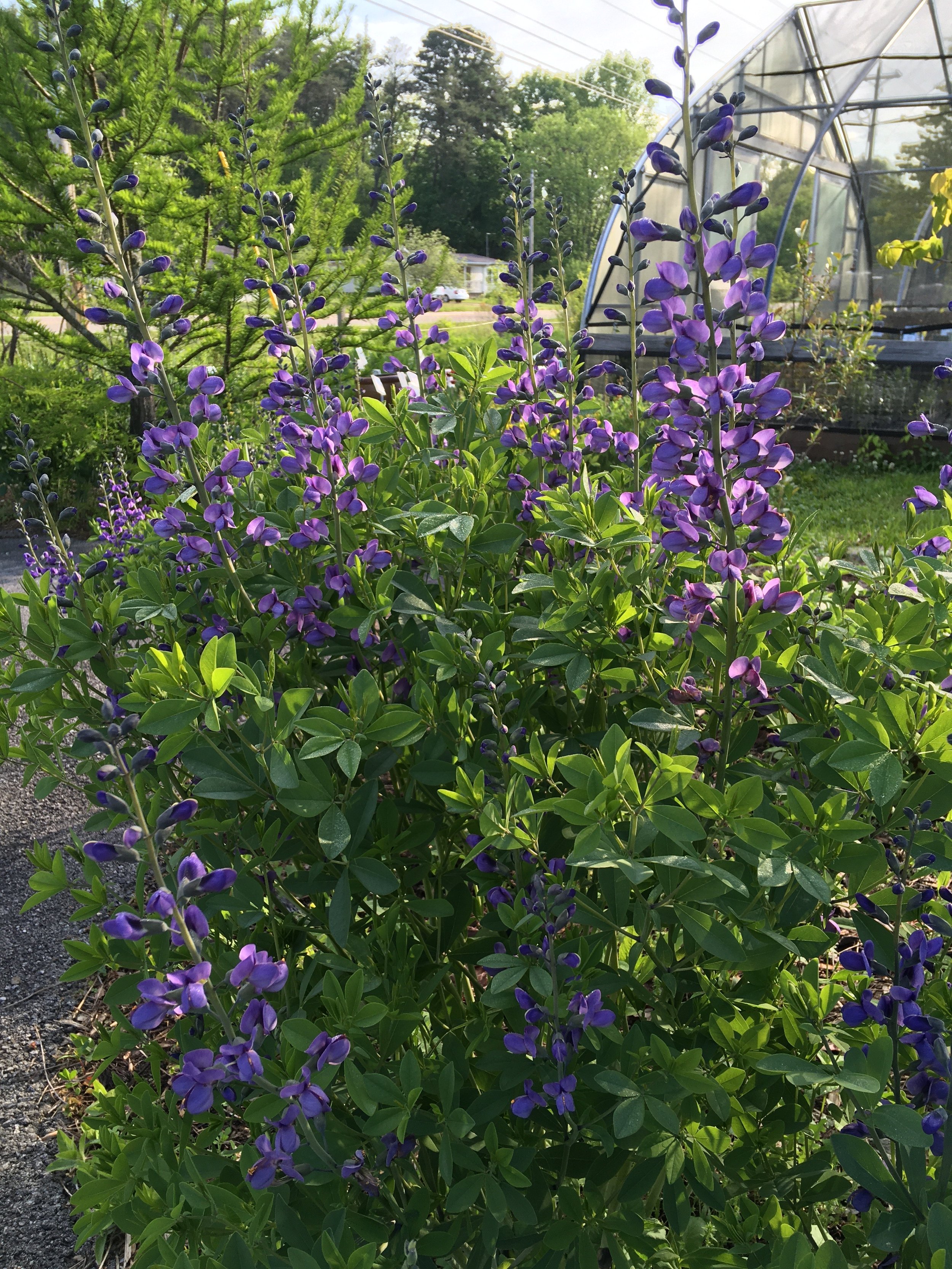Salix nigra (Black Willow)
GARDEN SITE: ☀️-⛅Moist to Wet Soil.
SIZE: 30-60 ft. Spread: 30-60 ft.
FLOWERS: Yellowish-green blooms March-April.
WILDLIFE: For songbirds, waterfowl and small mammals. The bark, tender twigs and buds are food for browsers such as deer, rabbits and beaver.
LARVAL HOST TO: Mourning Cloak, Viceroy, Red-spotted Purple, Viceroy and Tiger Swallowtail.
NATIVE TO: AL , AR , CT , DC , DE , FL , GA , IA , IL , IN , KS , KY , LA , MA , MD , ME , MI , MN , MO , MS , NC , NE , NH , NJ , NY , OH , OK , PA , RI , SC , TN , TX , VA , VT , WI , WV
ZONE: 4-9
MALE CLONE. DOES NOT PRODUCE SEED. This fast growing tree boasts a graceful, open spreading crown and makes a striking specimen tree when planted near ponds or streams. Due to its shallow, spreading root system this species is an excellent choice for soil stabilization and erosion control along wet, sunny banks of waterways. Black Willow is an important species for our native wildlife providing food for birds, deer and small mammals. Salix nigra is the only commercially important willow in North America.
GARDEN SITE: ☀️-⛅Moist to Wet Soil.
SIZE: 30-60 ft. Spread: 30-60 ft.
FLOWERS: Yellowish-green blooms March-April.
WILDLIFE: For songbirds, waterfowl and small mammals. The bark, tender twigs and buds are food for browsers such as deer, rabbits and beaver.
LARVAL HOST TO: Mourning Cloak, Viceroy, Red-spotted Purple, Viceroy and Tiger Swallowtail.
NATIVE TO: AL , AR , CT , DC , DE , FL , GA , IA , IL , IN , KS , KY , LA , MA , MD , ME , MI , MN , MO , MS , NC , NE , NH , NJ , NY , OH , OK , PA , RI , SC , TN , TX , VA , VT , WI , WV
ZONE: 4-9
MALE CLONE. DOES NOT PRODUCE SEED. This fast growing tree boasts a graceful, open spreading crown and makes a striking specimen tree when planted near ponds or streams. Due to its shallow, spreading root system this species is an excellent choice for soil stabilization and erosion control along wet, sunny banks of waterways. Black Willow is an important species for our native wildlife providing food for birds, deer and small mammals. Salix nigra is the only commercially important willow in North America.
GARDEN SITE: ☀️-⛅Moist to Wet Soil.
SIZE: 30-60 ft. Spread: 30-60 ft.
FLOWERS: Yellowish-green blooms March-April.
WILDLIFE: For songbirds, waterfowl and small mammals. The bark, tender twigs and buds are food for browsers such as deer, rabbits and beaver.
LARVAL HOST TO: Mourning Cloak, Viceroy, Red-spotted Purple, Viceroy and Tiger Swallowtail.
NATIVE TO: AL , AR , CT , DC , DE , FL , GA , IA , IL , IN , KS , KY , LA , MA , MD , ME , MI , MN , MO , MS , NC , NE , NH , NJ , NY , OH , OK , PA , RI , SC , TN , TX , VA , VT , WI , WV
ZONE: 4-9
MALE CLONE. DOES NOT PRODUCE SEED. This fast growing tree boasts a graceful, open spreading crown and makes a striking specimen tree when planted near ponds or streams. Due to its shallow, spreading root system this species is an excellent choice for soil stabilization and erosion control along wet, sunny banks of waterways. Black Willow is an important species for our native wildlife providing food for birds, deer and small mammals. Salix nigra is the only commercially important willow in North America.















